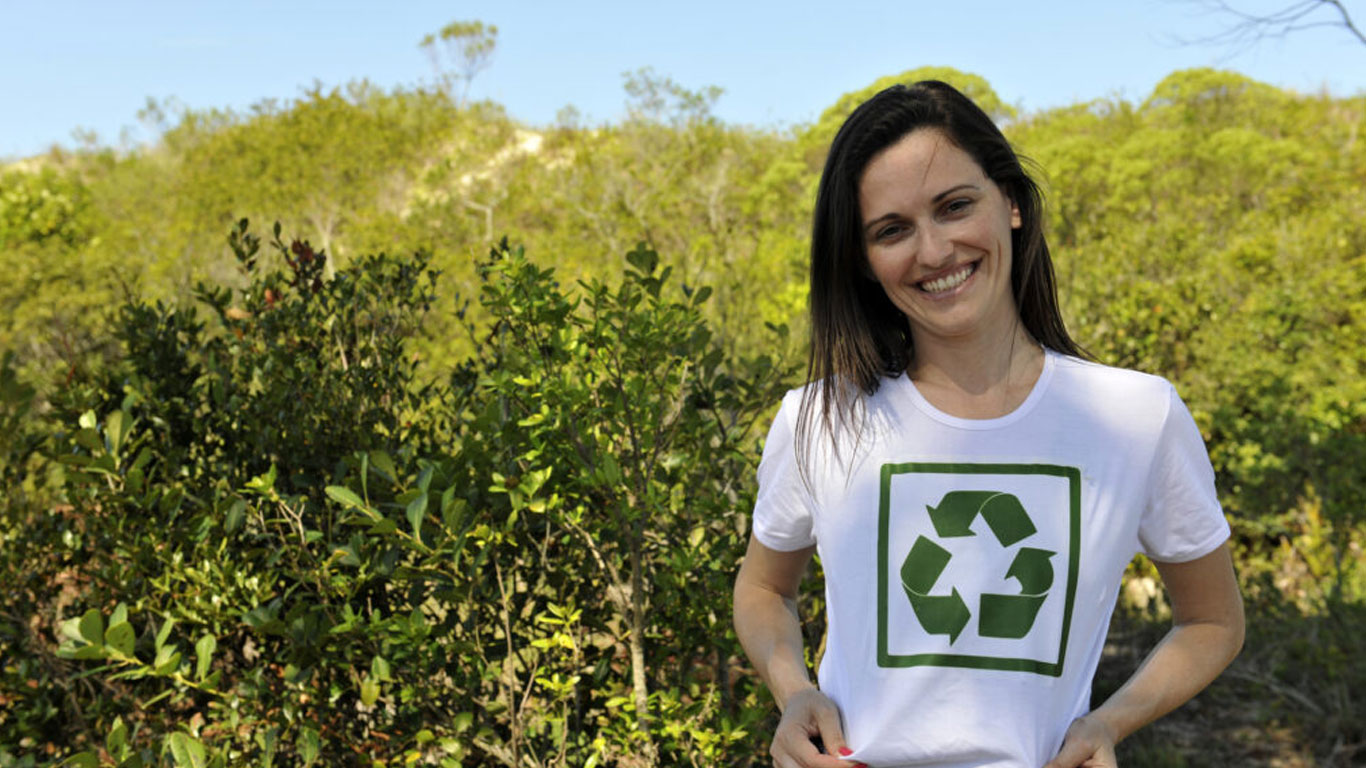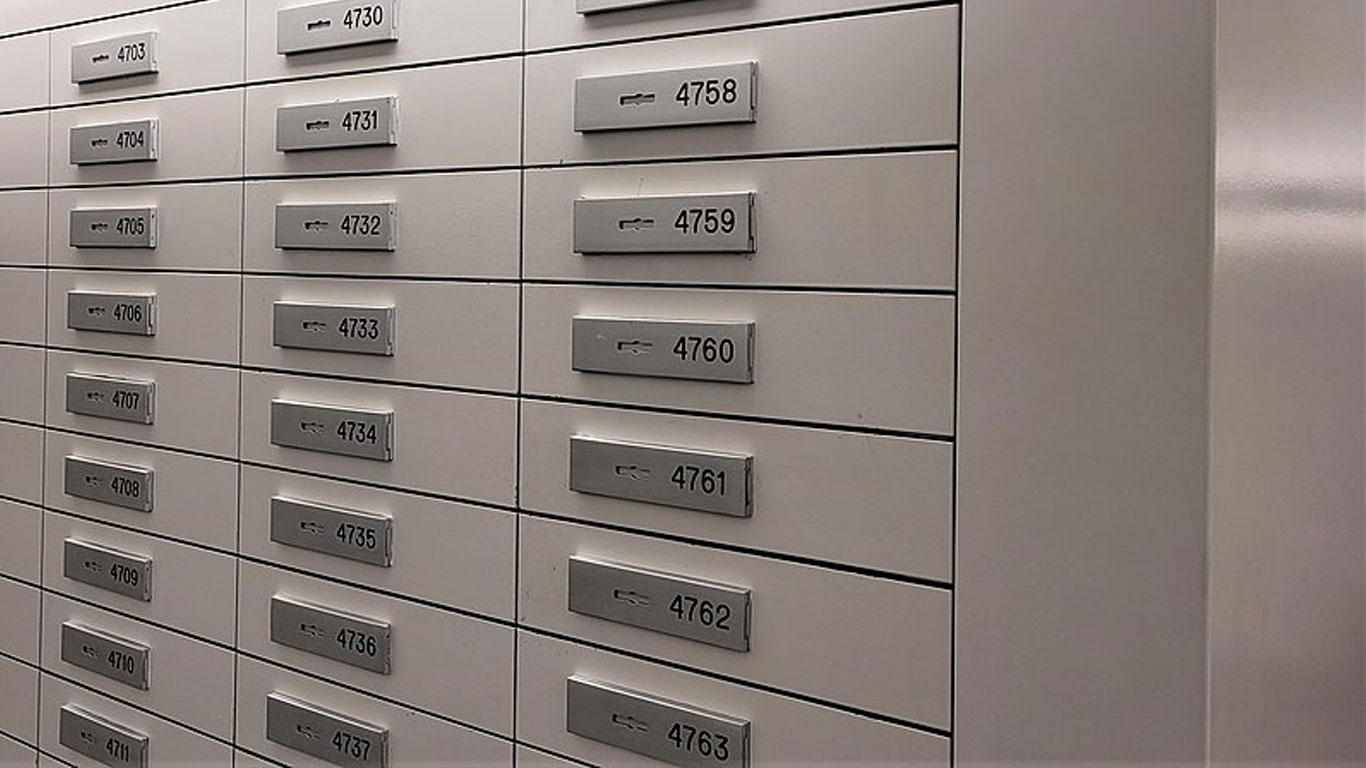Did you know more than 20 people die every day waiting for organs and according to the American Transplant Foundation, a name is added to the transplant waiting list every ten minutes.
And did you know one person can save eight lives? Crazy! When you consider a legacy and what you are leaving behind, how amazing would it be to know you could save eight other people?
There are two types of organ donation: whole body and organ/tissue donation. Both types need a little preparation but it’s easy.
Medical schools need whole bodies for education and research. You need to make arrangements with the school you’ve selected while you are alive and let your doctor and loved ones know. There is typically no expense for the family, although it’s good to verify that with the school you’ve selected. You can arrange to have your cremated remains returned to your family or allow the school to handle them.
It’s possible that even though you plan to donate your body, the school won’t need it at the time of your death, or you may die in circumstances that make it difficult to use your body (while in surgery, for example) so it’s important to have a Plan B.
There is a ton of information out there: Medcure and Living Bank and United Tissue.
You can also donate organs and tissues, including corneas, hearts, livers, kidneys, skin, intestines, bone and connective tissues like tendons. All expenses are covered by the recipient, so it’s free for your family.
Find more information at Register Me and Donate Life
Still have reservations? Here are common myths and misconceptions, including information about whether your religion supports organ donation: American Transplant Foundation.
Ready to be a hero? What to do next:
- Make sure to document your wishes and include them in your health care directive.
- Communicate your wishes with your family and make sure they understand donating is important to you. Also discuss it with your health care proxy and your doctor.
- Always carry your donor card. Many states will mark your driver’s license showing you are a donor, so make sure to ask next time you renew your license.
- Use a donor organization to register.
More fascinating reading about the Uniform Anatomical Gift Act and Why People Don’t Donate.





